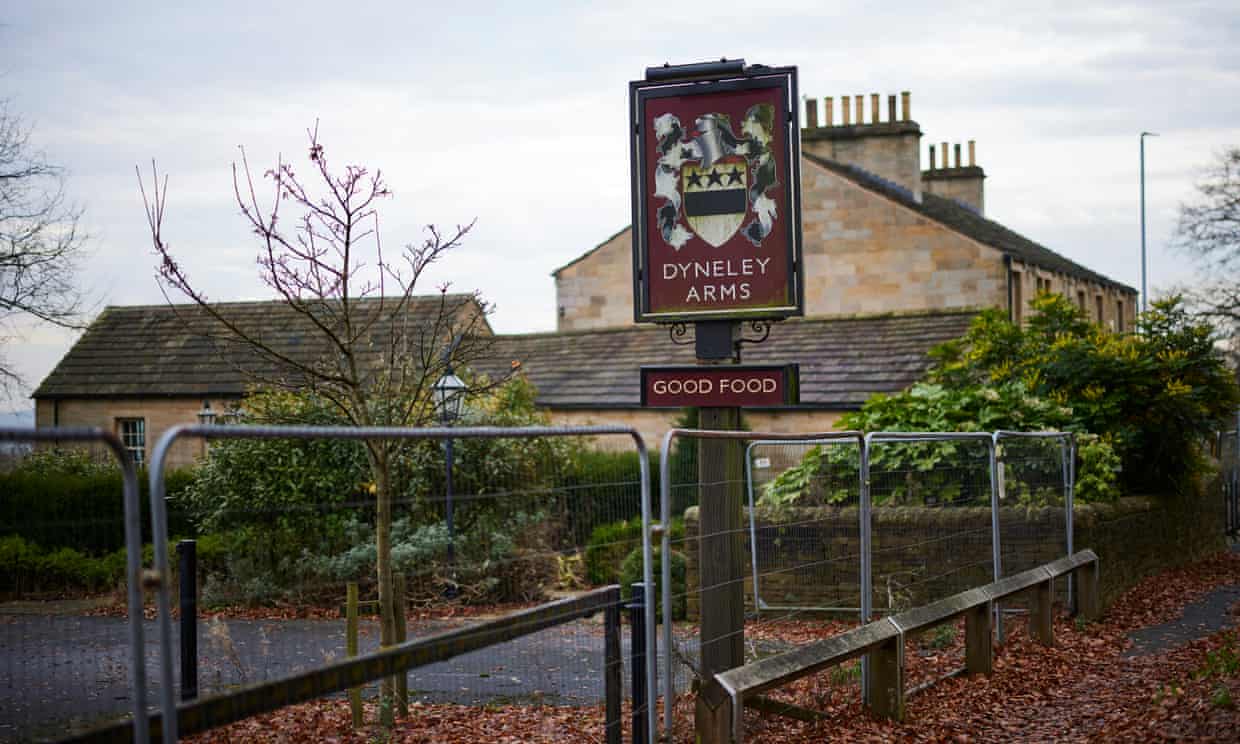←Kemi Badenoch co-wrote report saying Prevent scheme could ‘alienate communities’
Текст: Kemi Badenoch, who criticised a Labour manifesto that warned the UK’s Prevent programme could alienate communities, co-authored a report which expressed concern that the same anti-radicalisation scheme was alienating communities.
The Conservative party leader backed an inquiry in 2015 that concluded “the public must not be the forgotten partner in the fight against extremism” and noted that Prevent was “subject to accusations of police heavy-handedness”.
On Tuesday, she criticised the prime minister and the home secretary for their approach towards Prevent. She wrote on X: “When the Conservatives were trying to toughen the Prevent anti-extremism programme, [Keir] Starmer and [Yvette] Cooper were running for office on manifestos worried about Prevent ‘alienating communities’.”
The government’s counter-terror scheme is facing an overhaul after failing to stop several murderers in recent years – including the Southport murderer Axel Rudakubana, who was sentenced on Thursday.
Rudakubana, 18,
had been referred to Prevent three times. On Monday he admitted murdering Bebe King, six, Alice da Silva Aguiar, nine, and Elsie Dot Stancombe, seven, and trying to kill 10 others at a Taylor Swift-themed holiday club last summer.
Since
the Southport attack, the Tories have criticised Labour’s 2019 manifesto that pledged to review the Prevent programme “to assess … potential to alienate communities”.
Badenoch was a member of the London assembly’s police and crime committee in 2015 and one of eight members who wrote a 50-page report entitled
Preventing Extremism in London.
It examined Prevent, the official national programme to identify those feared to be falling for terrorist ideologies and turn them away from carrying out violence. Children and adults referred to the scheme are assessed and, if they are deemed to pose sufficient risk, work is done to reduce that danger.
The report noted that Prevent was “subject to accusations of police heavy-handedness and spying” and that “it has had a troubled history, which has led to it being considered by some as a ‘damaged’ brand, and viewed with suspicion by others”.
“Community engagement is critical to the success of Prevent,” the report went on, noting the risk that “the current ‘top down’ approach to Prevent delivery makes it difficult to engage citizens”.
Concluding, the report said “the public must not be the forgotten partner in the fight against extremism. Community engagement is shown to work, but is also the hardest element to achieve.”
One fellow assembly member on the committee, the Green party’s
Jenny Jones, issued her own “minority report” within its pages because she could not support all of its conclusions.
Assembly members on the committee have told the Guardian that Badenoch signed off the report in full.
Jones, who is now a Green peer, said the Tory leader appeared to be guilty of political opportunism.
“As a member of the London assembly, Kemi co-authored a scrutiny report in 2015 which recognised the shortcomings and possible downsides of the
Prevent strategy, including the possible alienation of communities, but apparently did nothing to address them when in government,” said Jones.
Another committee source said: “She backed the report in full. There was no mention of it being ‘woke’.”
MPs across parliament have called for Prevent to be overhauled since the Southport killings. Other murderers who were referred to the programme include
Jake Davison, who murdered five people during a 12-minute rampage through Plymouth in August 2021, and
the Isis supporter Ali Harbi Ali, who fatally stabbed the Tory MP Sir David Amess outside a constituency surgery in Leigh-on-Sea in 2021.
The Conservative party was approached for comment.
Peter Kenyon obituary
Текст: My husband, Peter Kenyon, who has died aged 78, was a journalist in Brussels for the Sunday Times, Irish Times and the BBC. He held a range of posts at Reuters, including international marketing editor, economics editor and Westminster lobby correspondent. He was also a social entrepreneur, trade unionist and political organiser.
He was born in Liverpool, to Doreen (nee Harrison), a primary school teacher,
and Frank Kenyon, an electrical draughtsman who died when Peter was seven. He was a boarder at the Royal Wolverhampton school and obtained a BSc in economics and politics at Hull University, and an MA in development economics at Leeds. We met at Hull and married in 1970.
We moved to
London in 1977, when Peter joined Reuters. Locally, he chaired the Finsbury Park Action Group, and was integral to the campaign to elect Diane Abbott as Britain’s first Black female MP.
Peter worked for the Voluntary Committee on Overseas Aid and Development in the early 1990s, advising Judith Hart, the then shadow minister for development, on the relationship between the EU and the UK, and the impact of Britain’s membership on developing economies.
He co-founded the Finsbury Park Community Trust, hosting a visit from the then Prince of Wales. His proudest achievement was successfully chairing the
Save the Reservoirs campaign – preventing both east and west reservoirs in Hackney from being built over by Thames Water. The sites are now a nature reserve and water sports centre.
He served as a Hackney councillor and chief whip from 1995 to 1998, chaired the Newham Community Health Services Trust and showed his dedication and leadership to promote and improve mental health care. He was elected as a member of the
Labour national executive committee in 1995 and was clerk to the Labour commission. For the last 20 years he was an editor for Chartist – a democratic socialist magazine.
Peter loved music and played with local orchestras on double bass. He maintained his passion for gardening, encouraging his grandchildren to learn how to propagate, to cycle to the beach, or sail in Poole harbour, where we spent holidays.
He is survived by me, our children, Christopher, Jonathan, Elizabeth and Catherine, and nine grandchildren.
→

